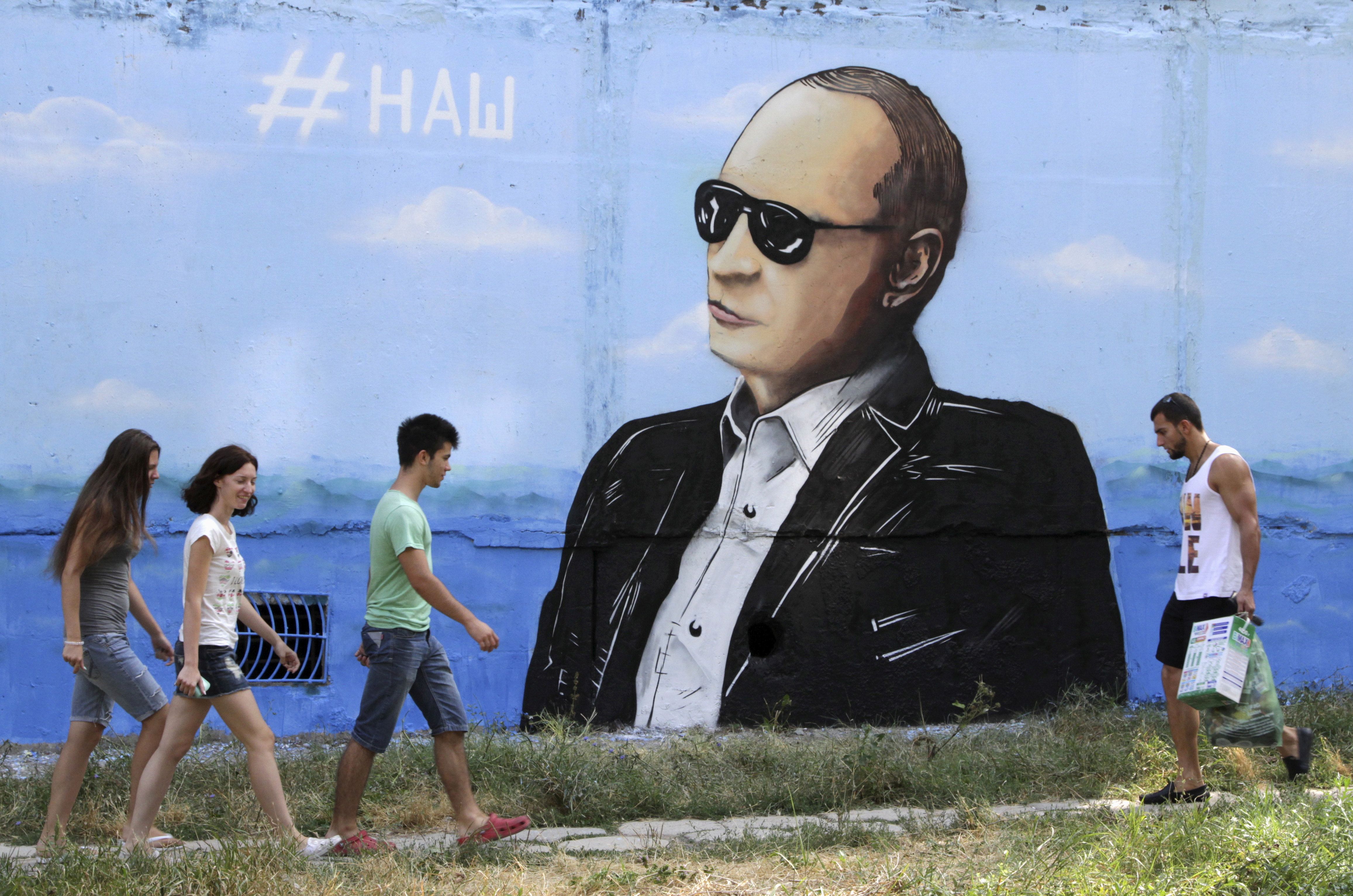August 08, 2019
Don't let a US-China trade war, trouble in Kashmir, the showdown in Hong Kong, the DRC's Ebola emergency, new warnings from Iran and North Korea, the Venezuelan embargo, a Russian crackdown, Brexit risks, and the toxic American political culture persuade you that all the news this week was bad.
Here are three new pieces of good news:
Moscow's New Graffiti Rules: No need to fear that your upcoming visit to the Russian capital will expose you to offensive graffiti. New rules ensure that Moscow street artists must avoid depictions of violence, sex, naughty words, drugs, tobacco, explosives and anything else not directly related to science, sport, art, historical events, or the popularization of "outstanding personalities." Russian graffiti artists, world renowned for their respect for local authorities, will definitely obey these new rules.
Traffic in Lagos: Nor is their need to fear that your drive across Lagos will be impacted by the kind of late-night traffic jam the city experienced this week. Confusion reigned when drivers were confronted with a glass-sided truck with a seated man inside tossing cash at women dancing around stripper poles in their underwear. Turns out this was a one-time problem created by Augustine Kelechi, better known in Nigeria by the stage name Tekno, who responded to complaints on social media by explaining that he and the dancers were merely travelling between locations while shooting a music video. This (probably) won't happen again.
Squawkzilla: Scientists searching the bottom of a lake in New Zealand have found the fossilized leg bones of an ancient parrot they say was probably flightless, carnivorous, and half the height of an adult human. That's tall enough, an Australian paleontologist helpfully noted this week, "to pick the belly button lint out of your belly button." Signal estimates just a 7 percent chance that you will encounter a bird this size as you travel through New Zealand this weekend.
More For You
Ukraine's President Volodymyr Zelenskiy, Finland's President Alexander Stubb, Estonia’s Prime Minister, President of the European Commission Ursula von der Leyen and other European leaders visit memorial to fallen Ukrainian defenders at the Independent Square on the fourth anniversary of Russia's full-scale invasion, in Kyiv, Ukraine February 24, 2026.
Ukrainian Presidential Press Service/Handout via REUTERS
Somewhere in the Donbas region, Ukrainian soldier Artem Bondarenko says he hasn’t slept through the night in months as he defends Eastern Ukraine.
Most Popular
Members of the special units of the National Guard and the Secretaria de Seguridad Ciudadana stand guard in front of the Fiscalia General de la Republica, where the investigation into the operation in which Nemesio Oseguera Cervantes, alias "El Mencho", founder and leading head of the Cartel de Jalisco Nueva, was killed, is underway.
Félix Márquez/dpa via Reuters Connect
- YouTube
In this Quick Take, Ian Bremmer warns that US military strikes on Iran are “looking increasingly imminent” as diplomacy appears to stall.
© 2025 GZERO Media. All Rights Reserved | A Eurasia Group media company.
